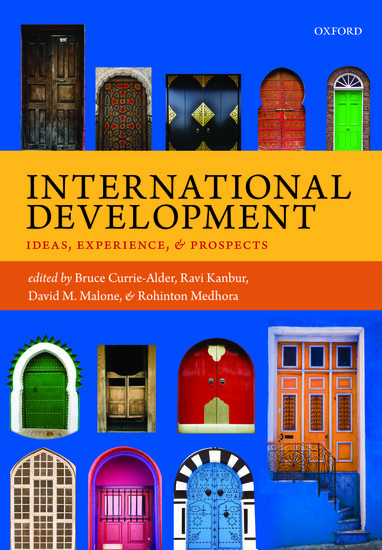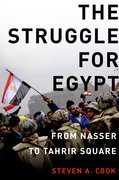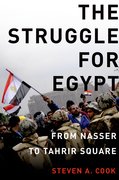Looking for Tutankhamun
Poor old king Tut has made the news again – for all the wrong reasons, again. In a documentary that aired on the BBC two weeks ago, scientists based at the EURAC-Institute for Mummies and the Iceman unveiled a frankly hideous reconstruction of Tutankhamun’s mummy, complete with buck teeth, a sway back, Kardashian-style hips, and a club foot.












